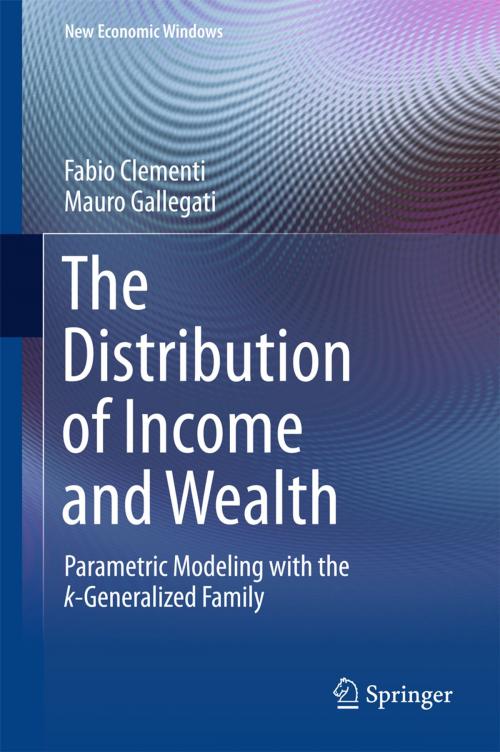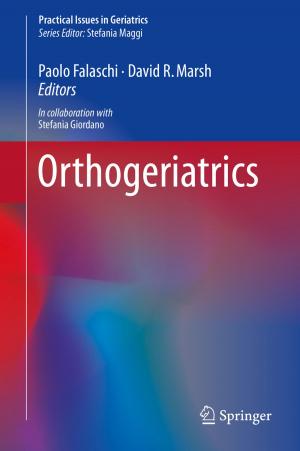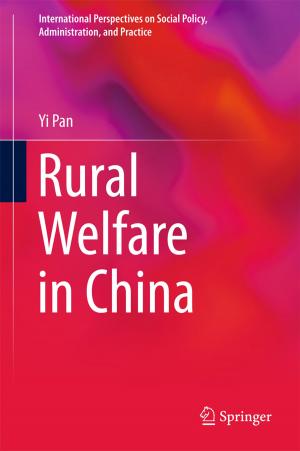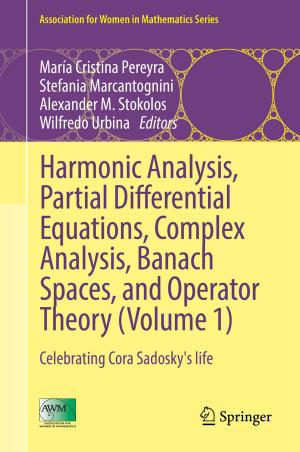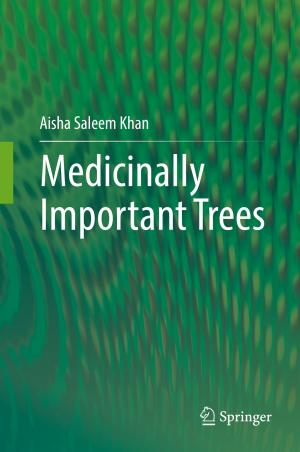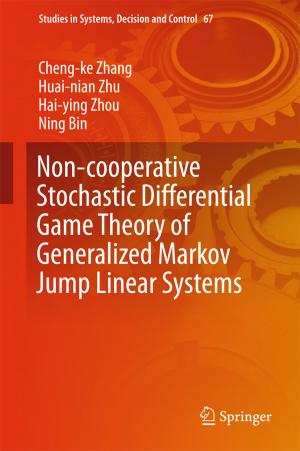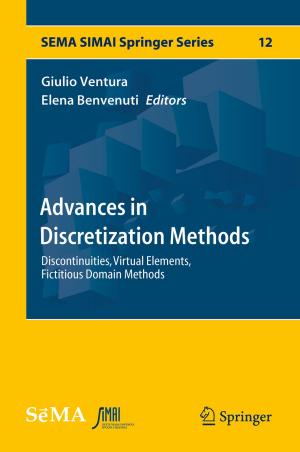The Distribution of Income and Wealth
Parametric Modeling with the κ-Generalized Family
Nonfiction, Science & Nature, Science, Other Sciences, System Theory, Business & Finance, Economics, Econometrics| Author: | Mauro Gallegati, Fabio Clementi | ISBN: | 9783319274102 |
| Publisher: | Springer International Publishing | Publication: | December 21, 2015 |
| Imprint: | Springer | Language: | English |
| Author: | Mauro Gallegati, Fabio Clementi |
| ISBN: | 9783319274102 |
| Publisher: | Springer International Publishing |
| Publication: | December 21, 2015 |
| Imprint: | Springer |
| Language: | English |
This book presents a systematic overview of cutting-edge research in the field of parametric modeling of personal income and wealth distribution, which allows one to represent how income/wealth is distributed within a given population. The estimated parameters may be used to gain insights into the causes of the evolution of income/wealth distribution over time, or to interpret the differences between distributions across countries. Moreover, once a given parametric model has been fitted to a data set, one can straightforwardly compute inequality and poverty measures. Finally, estimated parameters may be used in empirical modeling of the impact of macroeconomic conditions on the evolution of personal income/wealth distribution. In reviewing the state of the art in the field, the authors provide a thorough discussion of parametric models belonging to the “κ-generalized” family, a new and fruitful set of statistical models for the size distribution of income and wealth that they have developed over several years of collaborative and multidisciplinary research. This book will be of interest to all who share the belief that problems of income and wealth distribution merit detailed conceptual and methodological attention.
This book presents a systematic overview of cutting-edge research in the field of parametric modeling of personal income and wealth distribution, which allows one to represent how income/wealth is distributed within a given population. The estimated parameters may be used to gain insights into the causes of the evolution of income/wealth distribution over time, or to interpret the differences between distributions across countries. Moreover, once a given parametric model has been fitted to a data set, one can straightforwardly compute inequality and poverty measures. Finally, estimated parameters may be used in empirical modeling of the impact of macroeconomic conditions on the evolution of personal income/wealth distribution. In reviewing the state of the art in the field, the authors provide a thorough discussion of parametric models belonging to the “κ-generalized” family, a new and fruitful set of statistical models for the size distribution of income and wealth that they have developed over several years of collaborative and multidisciplinary research. This book will be of interest to all who share the belief that problems of income and wealth distribution merit detailed conceptual and methodological attention.
